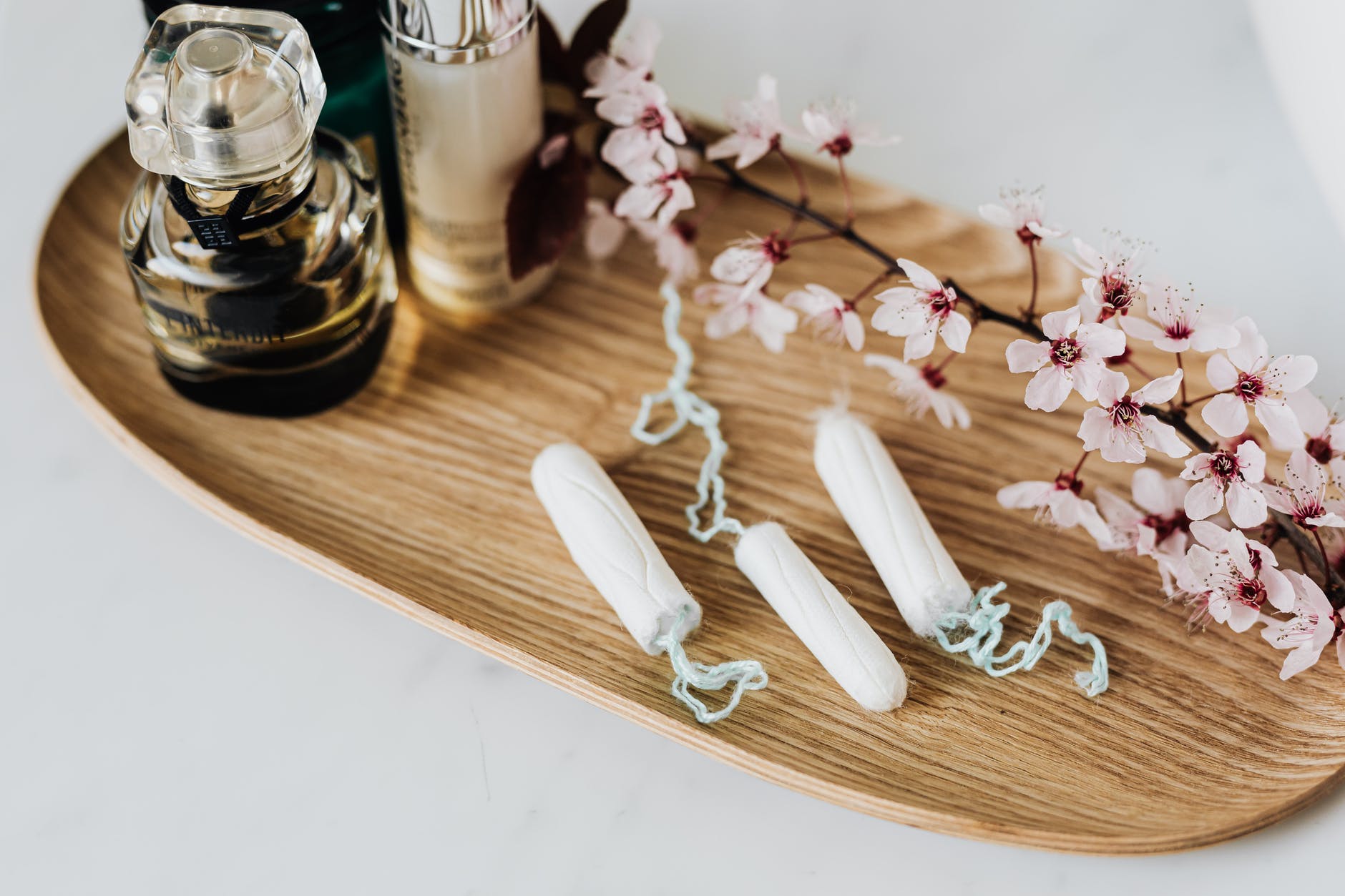This sure has been some year, am I right?
I for one, have learned a little bit more about what’s really important in life: health, family, and good friends. After that, all the other stuff really isn’t that important.
What has 2020 taught you?
Here’s what folks on AskReddit had to say.
1. Working from home.
“I’ve been open for a long time about how working from home for jobs that can be done remotely should be the norm.
Why would you commute if it’s avoidable? The pandemic has forced lots of employers’ hands and it turns out, many of us can work effectively from home!”
2. I like this one.
“Let me never fall into the vulgar mistake of dreaming that I am persecuted whenever I am contradicted.” – Ralph Waldo Emerson
Sadly, I feel like this is the most relevant this quote has ever been. People conflating science and societal care with tyranny and violation of rights.”
3. Harsh times.
“Nothing can prepare you for the harshness of our society.
If you want to be successful and live you have to take your life into your own hands and make things happen.”
4. Some people don’t change.
“It taught me the red flags of a mentally abusive relationship and that you will never be able to change that person.”
5. Congrats!
“It taught me that my SO is definitely the person I’m going to spend the rest of my life with.
Nothing like a global pandemic and shelter in place order to rapidly progress a new relationship, eh?”
6. Pay attention.
“Authoritarianism is never that far away in any place.
People are too willing to forgo critical thinking and will readily buy the bullsh*t.”
7. Downsizing.
“That I don’t need to shop.
My son and I don’t need to go out every weekend and buy new things. We are perfectly capable with what we have. In fact we’ve pared down what we had.
Money in the bank. Soon as this passes over (if…) we’re going to Disney!”
8. Learn to think!
“That huge swaths of our society lack even the most basic critical thinking skills.
Sorry, but if you outright deny facts and empirical evidence to believe in something comfortable to you, you aren’t some “woke up” great thinker above all the “sheep”.
You’re a moron and a huge drain on the rest of us.”
9. Great!
“I love being a dad.
Being a stay at home dad is awesome. The roles were always reversed until now and I felt like I was missing so much of my kids lives providing for them. Going from bread winner to Mr mom obviously took some adjustments but I feel like I know my boys better than ever.
Helping them doing their online kindergarten classes and teaching my youngest to walk along with another long list of memories has changed my view on fatherhood and taught me so much.”
10. Good points.
“Even if you think you are in control of the things in your life, you really aren’t.
Sometimes the things you want and work hard for aren’t what you thought they would be.
The most important things in life are the intangible ones (good relationships, mental well-being)
We could all stand to be a little nicer to each other
It’s okay to not be okay.”
11. Yup.
“That the more uneducated people are, the more assertive and vocal they are regarding something they don’t have any clue about!”
12. Not so fast.
“I’ve learnt that I’m ready for retirement.
The lifestyle of doing nothing all day and getting paid for the privilege suits me well.
It’s a shame I have 31 more years until I actually can retire though.”
13. Baby steps.
“That a little work on something every day makes a huge difference over a couple of months.”
14. A nice story.
“That despite all those things my parents lead me to believe, I can be successful.
I bought my first house this year, reconnected with a good friend and am starting a business with her. It’s been rough having zero breaks from my kids and they’re missing out on socializing and preschool, but we have grown closer and they’re learning a new resilience that I never learned.
I’m proud of them and myself.”
Now we’d like to hear from you.
In the comments, tell us what you learned in 2020.
Please and thank you!
The post What Has 2020 Taught You? Here’s What People Said. appeared first on UberFacts.
